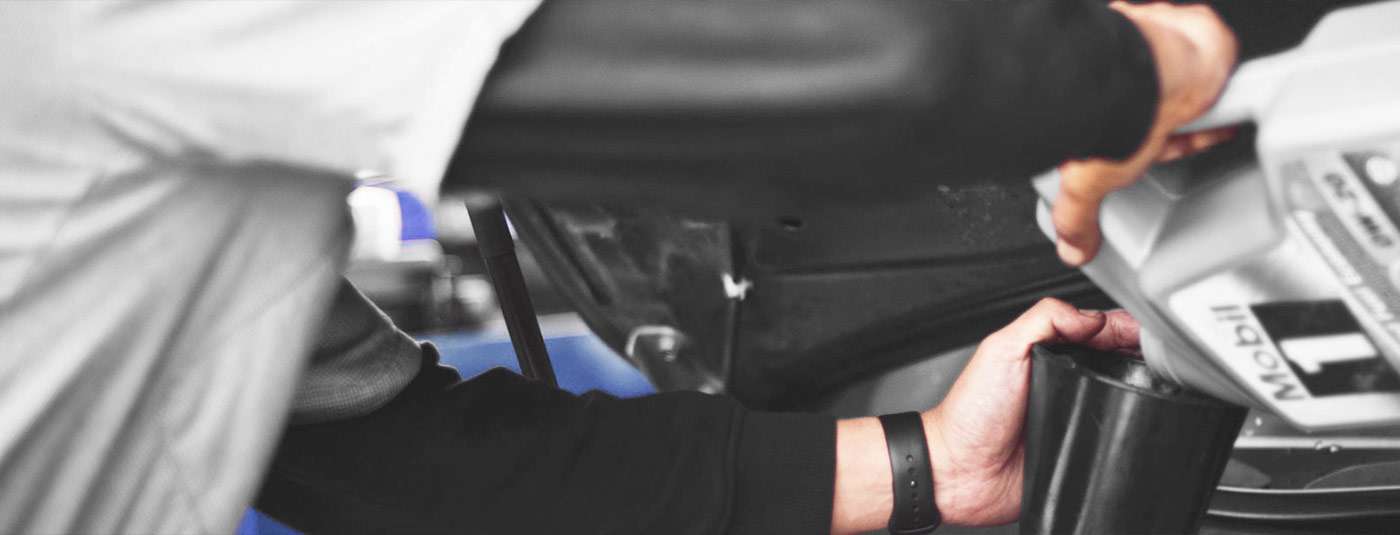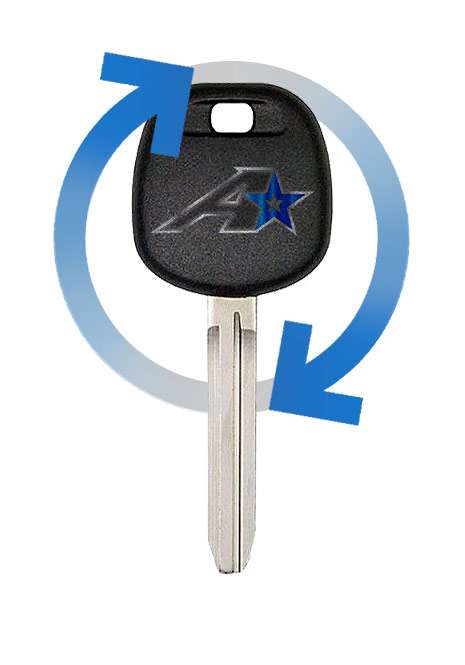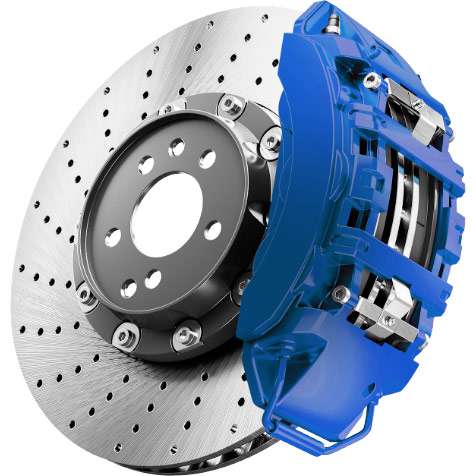
Full Service General Maintenance
A Full-Service Auto Shop You Can Rely On
Keep your vehicle moving with preventative general maintenance from AllN1 Autoworks.
Our General Maintenance Services Include:
Battery
We ensure you have the correct battery and replace batteries.
Air Conditioning
Stay cool with A/C repair and maintenance.
Transmission
We specialize in transmission repair and maintenance.

Electrical Diagnostics
Electrical issues? We've got you covered.
Oil Change & Fluids
Routine oil and fluid maintenance to keep your vehicle running right.
Wheels & Brakes
Alignment and tire rotation are a must to stay safe on the road.
Other General Maintenance Services:
Exhaust Systems
Turbo Charge Pipes & Downpipes
Catch Can Design & Implementation
Suspension Components
Roll Cage
Strut Bars
Flat Floors
Seat Modifications
Radiator & Oil Cooler Ducting
Lexan Windows
...& Many More

Brake Inspection & Repair
We offer the best brake services and repair in the area. Regularly scheduled brake inspections are important. Now you may be thinking, what is the difference between a brake repair and brake service? A brake service consists of checks that our mechanics perform to identify if your car needs a brake repair. These checks include:
Brake pad life inspection
Brake fluid check
Checking rotors for heat spots
Checking calipers
Common General Maintenance Questions
If you have a question that is not addressed here, please call us at 832-77-ALLN1 (832-772-5561).
Service Schedule
When should I get my vehicle serviced?Just talk to us, and we can recommend your vehicle’s optimum maintenance schedule. Also, your Owner’s Manual is a great tool to help understand your vehicle’s maintenance needs. We highly recommend staying current on any and all maintenance.
Also, always bring your vehicle in if you suspect there is a reason, such as a noise, vibration or maintenance light.
Check Engine Light
What do I do when the check engine light comes on?CarMD, an automotive telematics company, publishes an annual Vehicle Health Index that compiles the 10 most common check engine codes, along with their estimated cost of repair. For 2023, CarMD's top 10 check engine codes are:
- Replace catalytic converter(s): $1,313.46
- Replace oxygen sensor(s): $242.34
- Replace ignition coil(s) and spark plug(s): $392.65
- Replace mass airflow sensor: $303.61
- Inspect for loose fuel cap and tighten or replace: $24.84
- Replace evaporative emissions (EVAP) canister purge control valve: $137.47
- Replace ignition coil(s): $213.70
- Replace fuel injector(s): $423.71
- Replace thermostat: $238.58
- Reprogram powertrain control module (PCM): $109.22
Occasionally, the check engine light comes on when nothing is wrong with the car, but this list will show you that the best thing to do is bring your car in to check out the reason your check engine light is on.
Change Oil Light
What should I do when my “Change Engine Oil Soon” message displays?When the “Change Engine Oil Soon” message displays, oil change service is necessary for the vehicle as soon as possible, within the next 600 miles.
Vehicle Won't Start
Why won’t my vehicle start?There are numerous reasons why a vehicle won’t start. If it’s related to the battery, the starter will generally not crank the engine. This is the telltale “click, click, click” sound when you turn the key. This could be an alternator not charging the battery properly, a loose battery or starter cable, or a battery that needs to be replaced.
Brake Pads
How long can I expect my brake pads to last?Pad life depends on driving habits, vehicle usage, and the operating environment. Brake systems are designed to provide 20,000 to 25,000 miles of pad life in very severe use (such as heavy-traffic urban areas) and will provide 40,000 to 60,000 miles of pad life in average use. Factors that will reduce pad life include frequent heavy braking, elevated temperatures (caused by high-speed braking, driving in mountainous areas), driving with the vehicle heavily loaded, and severe environments such as high-corrosion areas and areas with a lot of road debris and dust.
Tire Rotation
How often should I rotate my tires?Tires should be rotated every 5K to 8K miles, so that they wear evenly and last longer. Without proper and regular rotation, you risk shortening your tire’s life by thousands of miles.
Don't know when your last rotation was? Don’t worry, we’ll give you an honest answer about if your tires need rotating.






